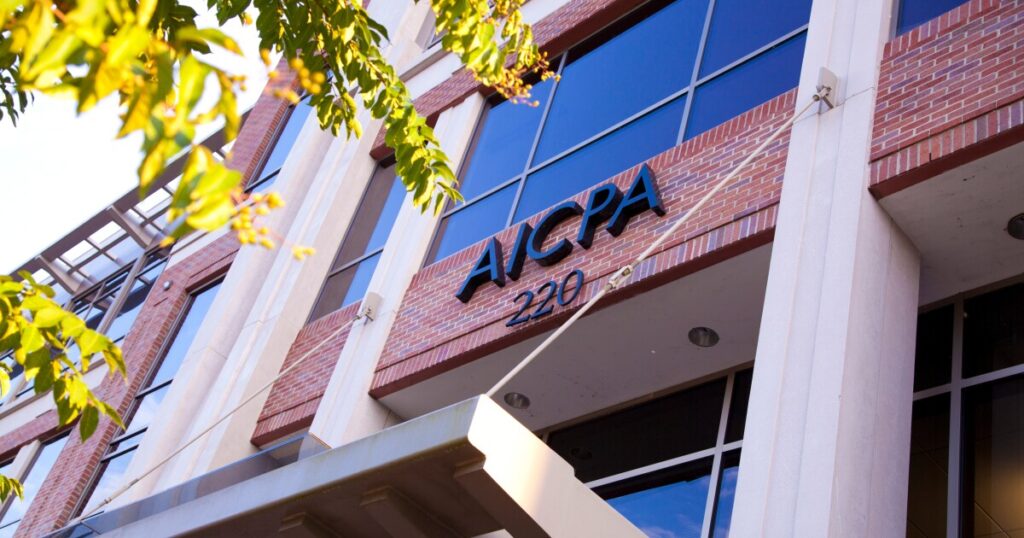AICPA, NASBA look for feedback on CPA licensing changes


The American Institute of CPAs and the National Association of State Boards of Accountancy are asking for comments on their proposal for an additional pathway to CPA licensure through changes in the Uniform Accountancy Act model legislation used in states.
The AICPA and NASBA proposed the alternative pathway to CPA licensure last month and the UAA changes last September.
The UAA changes would:
- Enable states to adopt a third licensure pathway that requires earning a baccalaureate degree with an accounting concentration, completing two years of professional experience as defined by board rule, and passing the Uniform CPA Examination;
- Shift to an “individual-based” mobility model, which allows CPAs to practice in other states with just one license; and,
- Add safe harbor language to ensure CPAs who meet existing licensure requirements preserve practice privileges.
The proposals come as several states are already moving forward with their own changes, including Ohio and Virginia. Accounting organizations are hoping to increase the pipeline of accountants and make it easier to recruit and train CPAs, including people who come from other backgrounds. The traditional 150 credit hour requirement is seen as holding back many prospective CPAs and producing a demand for more flexibility in obtaining a CPA license.
The updates reflect feedback gathered during a late 2024 exposure draft period and forward-looking solutions being advanced by state CPA societies and boards of accountancy to increase flexibility for licensure candidates while maintaining the integrity of the CPA license.
The AICPA and NASBA are asking for comments on the proposed changes by May 3, 2025. They can be submitted through this form. All comments will be published following the 60-day exposure period.
The UAA offers state legislatures and boards of accountancy a national model they can adopt in full or in part to meet the licensure needs of each jurisdiction.
The proposal would maintain the current two pathways to CPA licensure:
- Earning a post-baccalaureate degree with an accounting concentration, completing one year of professional experience as defined by board rule, and passing the CPA exam; and,
- Earning a baccalaureate degree with an accounting concentration, plus an additional 30 semester credit hours, completing one year of professional experience as defined by board rule, and passing the CPA exam.


